
Broader clinical trial criteria could nearly double the number of patients with advanced non-small cell lung cancer who are eligible to participate.

Broader clinical trial criteria could nearly double the number of patients with advanced non-small cell lung cancer who are eligible to participate.
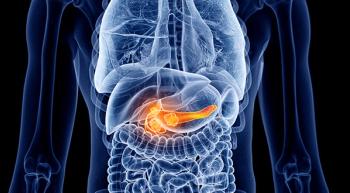
Maintenance therapy with olaparib (Lynparza) significantly improved progression-free survival (PFS) compared with placebo among patients with germline BRCA-mutated metastatic pancreatic cancer, according to results from the phase III POLO trial presented at the 2019 ASCO Annual Meeting.
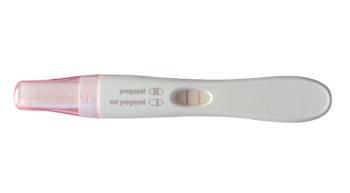
Administering chemotherapy to a pregnant woman can be risky, but current guidelines about pregnancy testing are shaky.

Certain populations are less likely to receive treatment for breast cancer. Nurses should lead a multidisciplinary team to improve that.
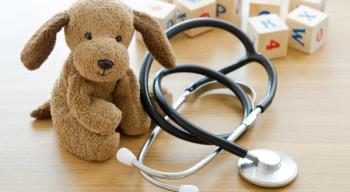
According to the MATCH trial, about a quarter of pediatric patients with cancer were able to be screened for targetable alterations in their tumor and directed to a treatment targeting that alteration.
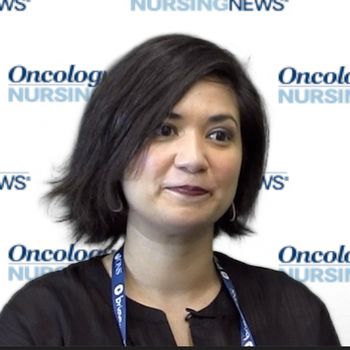
Oncology nurses must ensure that patients are discussing issues they face when it comes to paying for medication.
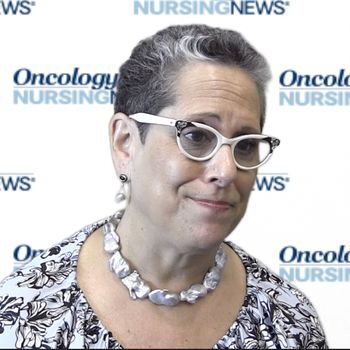
Communication is key to ensure the best quality patient care.
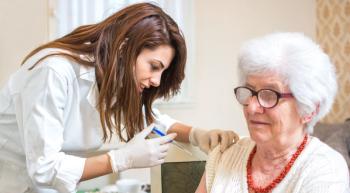
Conducting a geriatric assessment, predicting chemotherapy toxicity, and considering polypharmacy are all crucial in this growing population, experts say.
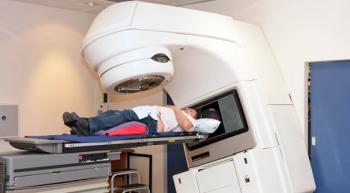
Nurses play a key role in helping to manage the chronic adverse events (AEs) associated with radiation, even into survivorship, according to Hilda Haynes-Lewis, PhD, ANP-BC, AOCNP.
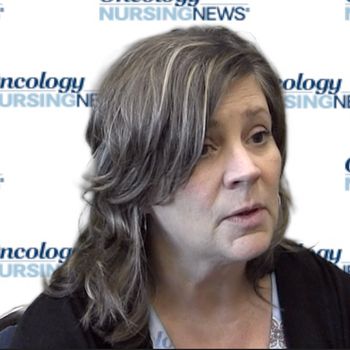
There are multiple key players, including oncology nurses, in the treatment of patients with myelodysplastic syndrome.

Nurse educators are more effective than electronic guides in ensuring that patients with cancer are safely discharged from the hospital without readmissions, a study found.

An audit of one institution's administration shows that adhering to a detailed list of tasks prevents missed steps in a complicated process.

Health care providers need to break the cycle of inappropriate symptom communication to help improve patients’ quality of life.
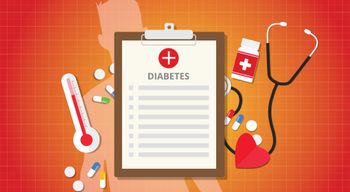
Diabetes may be a risk factor for increased symptoms among breast cancer survivors, highlighting the need for interventions to control the disease, according to secondary analysis results presented at the ONS 44th Annual Congress.

Researchers found that shared decision-making as part of a pain management plan of care could improve outcomes in patients with cancer.

Interventions must be devised to help women compensate for losses in concentration and psychomotor speed, researchers say.
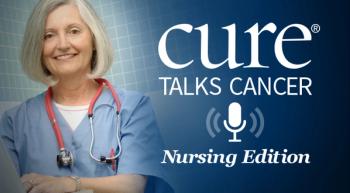
Hear from the winner of the 2019 Extraordinary Healer award.

Creating a way to analyze the postings of patients and caregivers seeking peer support can give doctors and researchers insights about how to help them.

Researchers found significant gender and role differences regarding cardiovascular disease incidence and its related health behaviors among cancer survivors and their spouses.
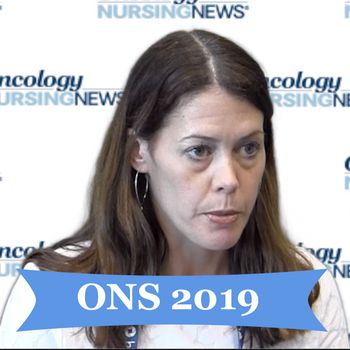
The terminology that oncology nurses use to describe opioid addiction can affect patient care.

Nurses can help manage post-traumatic stress disorder symptoms in survivors of non-muscle invasive bladder cancer.

In one institution, a weekly multidisciplinary meeting has proved to improve care for patients with cancer who are receving concurrent therapies.

Despite increased physical activity, nutritional intake behavior among female cancer survivors did not improve with an exercise intervention program, according to a randomized, controlled trial.

An at-home computerized program could be beneficial in treating cognitive impairment in cancer survivors.

Clinical hypnosis offers a non-pharmacological approach to managing chronic pain after cancer treatment.
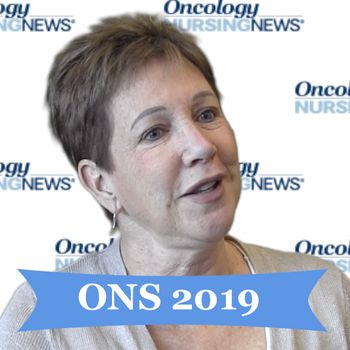
Mindfulness is key when it comes to preventing compassion fatigue.
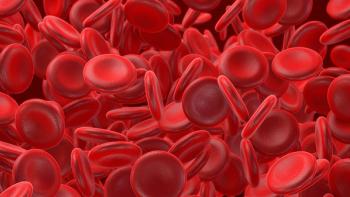
CAR-T cell therapy is greatly improving the outcomes of patients with blood cancers, but not without its own set of toxicities.

The addition of heated chemotherapy delivered to the abdomen during surgery delivered no survival benefit to patients with peritoneal carcinomatosis, according to phase III study results presented at the 2018 ASCO Annual Meeting.

Troubling statistics indicate that women who have head and neck cancer have worse out comes than their male counterparts.

Adding nelarabine to escalating-dose methotrexate increased the 4-year disease-free survival rate to 91% in pediatric and young adult patients with newly diagnosed T-cell acute lymphoblastic leukemia or T-cell lymphoblastic lymphoma, according to results from the phase III AALL0434 trial.